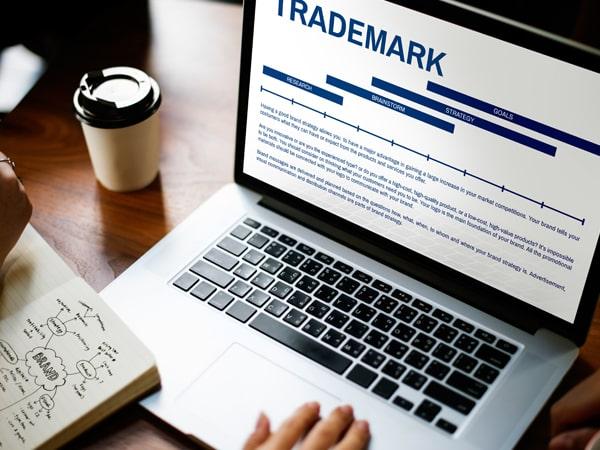- 8 minutes read
When to register a company name?
- when you form an LLC;
- when you want to open a commercial bank account in the name of your company.
Name choice
What problems might there be with the company’s suggested name?
- You may not use offensive language in your firm name. Also, obscene language, profanity, and words that insult religious preferences or otherwise indicate discrimination are absolutely not suitable for a business name.
- In addition, if you are trading with a company name that is different from your company name, it cannot include:
- “Limited” or “LLC,”
- “Limited Liability Partnership” or “LLP,”
- “Public limited company” or “plc,”
- words considered “confidential” – unless you are authorized to do so.
- Also avoid other terms that are considered “delicate”.
You can use a list called The Company, Limited Liability Partnership, and Business Names (Sensitive Words and Expressions) Regulations 2014. It lists all prohibited words and expressions, as well as the authorities to which you need to apply for a business permit.
For example, you must obtain permission from the Financial Conduct Authority to use the words “insurer” in your firm name.
One part of the rules applies to the whole of the UK. Whichever of the four UK countries you live in, you apply to the designated professional body. But some words and phrases have different organizations depending on where you live in the United Kingdom.
For example, let’s say you want to include one of these words in your company name: His Majesty, Prince, Royal, Royalty.So, you apply to;- the Ministry of Justice for permission – In England;
- the Scottish government – In Scotland;
- the Welsh Assembly government – In Wales;
- Moreover, there are some other regulated words and expressions that require written authorization attached to your company registration. They are not listed by government departments or local governments but are still managed by professional bodies.
For example, the words “Olympic” and “Paralympic” require permission from the British Olympic Association. Without written consent, your company name will be rejected by Companies House if it contains these words. - Names that are “too like” other registered companies won’t be allowed. If someone complained about your name is ‘too like’ theirs and Companies House upheld their opinion, you’d have to change it.
- Your name cannot exceed 160 characters, including spaces. Since this is the length of the tweet, this is unlikely to be a problem.
In addition, you may not use certain characters in the first three characters of a company name, including:
+
*
#
=
&
You also cannot use other defined characters, for example:
©
®
™
Quickly select a jurisdiction and register your company anywhere in the world online

Online
One option is to register a company name directly on the Companies House website. This option also allows you to register for income tax at the same time, issuing a “certificate of registration” to confirm the legal existence of the business. After that, the system will display the name of your firm and the date of establishment. In addition, during this process, you must provide at least three personal data about you and your shareholders. Registration usually takes up to 24 hours if you apply the online method. You need to pay £ 12 (or from 12 to 100, pounds online before 3 p.m.) to Companies House to register a company name online.
Offline via email
If you’re more suited to traditional approaches or don’t want to use “limited” in your company name, you can set up a company name by mail using Form IN01 provided by Companies House on their website (register a private or public company). To avoid mistakes and correctly fill in the information, we recommend that you read the instructions provided on the site. Registration can take 8 to 10 days if you apply by mail. You need to pay around £40 to Companies House to register a business name in the UK by post.
Third-party agent
Use the services of a third-party agent whose extensive experience in registering names will greatly speed up the registration process.
Need to register a company name for a sole trader?
- include UK company registration forms (full or legally abbreviated) such as: “limited,” “Ltd,” “limited liability partnership,” “LLP,” “public limited company,” or “plc”;
- contain a “sensitive” word or expression or imply a connection with government or local authorities, unless permitted to do so;
- be offensive;
- be the same as an existing, registered trademark.
Company official address
Select the SIC code for your company

Company director
- public official service address; and
- address of residence that will not appear on public records.
Your company’s share structure
Company shareholders
Declaration of Conformity
Register at the Registration Chamber














